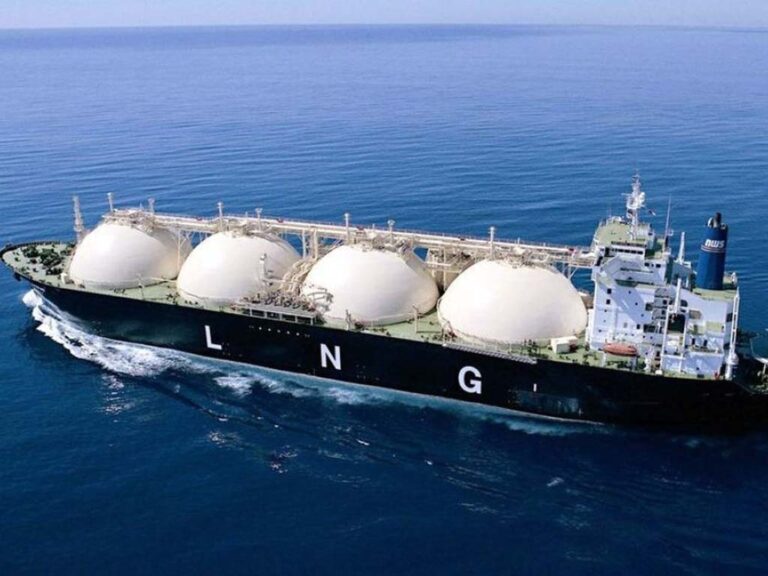Under-investment spurs imbalance in global gas supply-demand

Under-investment spurs imbalance in global gas supply-demand
The supply-demand imbalance in the global gas market has been caused mainly by under-investment in the industry since 2015 on the back of very low gas prices and misguided calls to stop investing in natural gas projects.
This has only been exacerbated by geopolitical tensions and as Europe became the preferred destination for LNG cargoes to compensate for reduced pipeline flows.
Industry experts say market tightness is expected to continue in the medium-term, as the majority of new projects will come on stream only after 2025.
At a recent media event in Doha, HE the Minister of Energy Affairs Saad bin Sherida al-Kaabi told Gulf Times: ‘“Higher gas prices are caused by many factors. One of these is the Ukraine issue, which has made it a much bigger problem.
“If you go back a little bit, it was due to everybody pushing for green and demonising oil and gas companies and there were not enough investments (in the sector). And that caused higher price, which started before the Ukraine issue. The Ukraine issue has just made it a much bigger problem.
“You cannot take a short-term view of what’s happening today. Gas prices, which you see in Europe today are due to circumstances there.”
Due to the impact of geopolitical challenges, global energy supplies have been disrupted, energy prices impacted, and created concerns over energy security as well as accessibility.
Inflationary pressures are impacting the oil and gas industry through rising production costs, delays in investment decisions, and increased policy uncertainty, al-Kaabi had earlier said at the Asia Green Growth Partnership Ministerial Meeting.
Such developments caused a setback in the kind of serious energy transition the world needs in order to address the immediate challenges of climate change.
“This has caused a serious erosion in public support for reducing carbon emissions in many countries, which had earlier campaigned for greener energy and a carbon-free future – thus negating years of environmental achievements,” al-Kaabi said.
As the cleanest hydrocarbon fuel, natural gas is seen as the perfect solution that strikes the right balance, and will continue to play a key role in the future energy mix.
According to the ‘Global gas outlook’ by the Gas Exporting Countries Forum, natural gas share in the energy mix will increase from 23% today to 26% in 2050, underpinned by population growth, doubling of world GDP, improved standards of living, and policies and technology aimed at improving air quality and mitigating climate change.
Natural gas will continue to play a pivotal role in sustainable development and in a just and inclusive energy transition. It constitutes a key lever to meet the UN Sustainable Development Goals (SDG) and the Paris Agreement’s long-term objectives.
But the security of demand and supply, as well as open, transparent, unhindered, and non-discriminatory gas markets can be achieved only through continuous producer-consumer dialogues.
Clearly, huge investments are required to satisfy the growing world energy demand. Therefore, the importance of timely investments for market stability, and the crucial need for unhindered flow of financial resources and access to technology in a non-discriminatory manner cannot be overlooked.